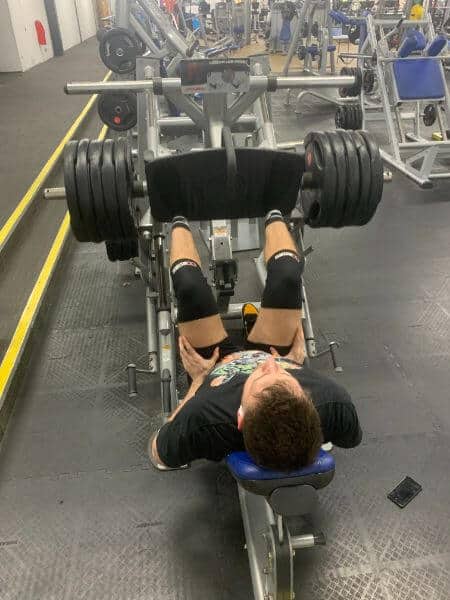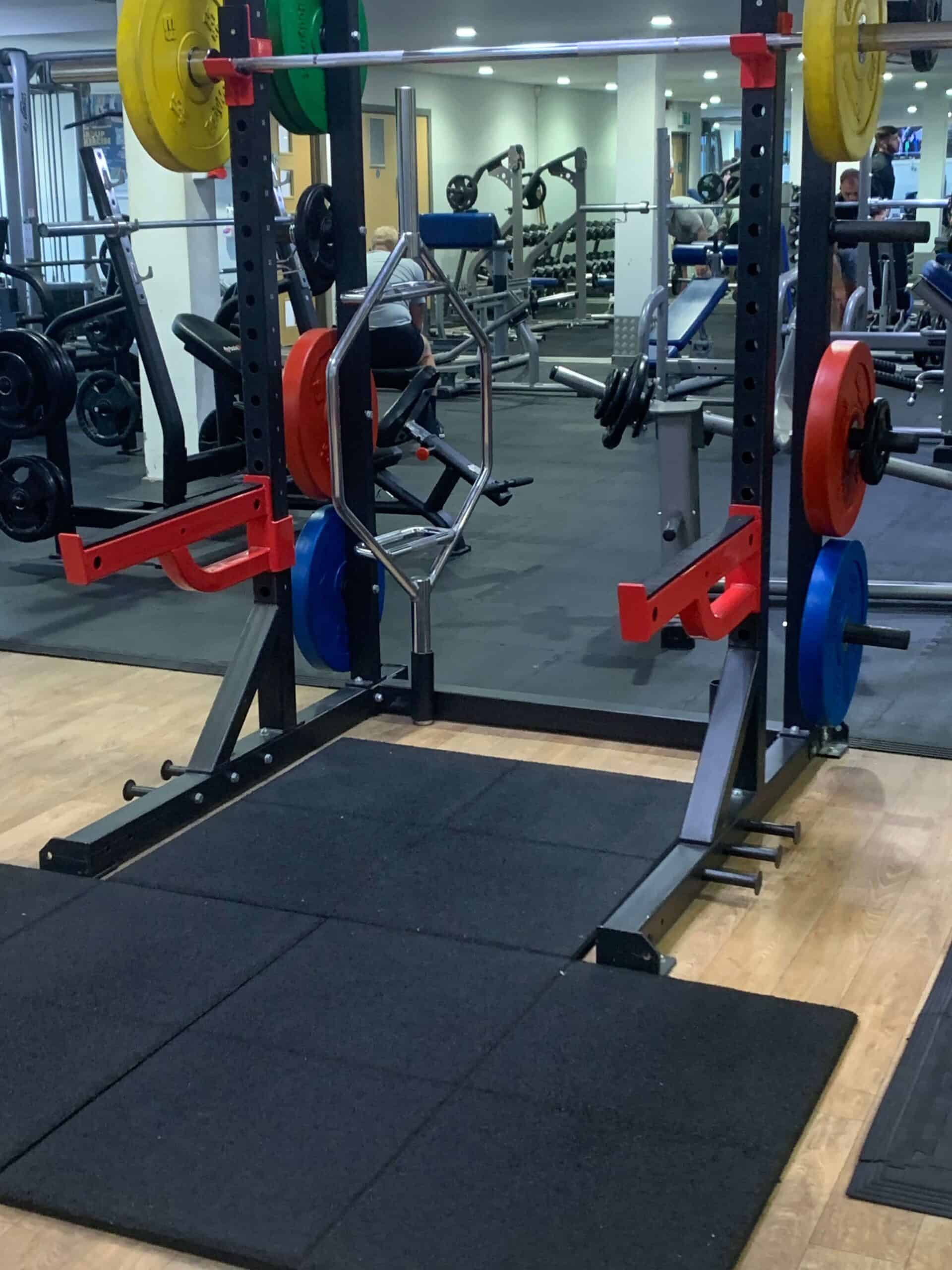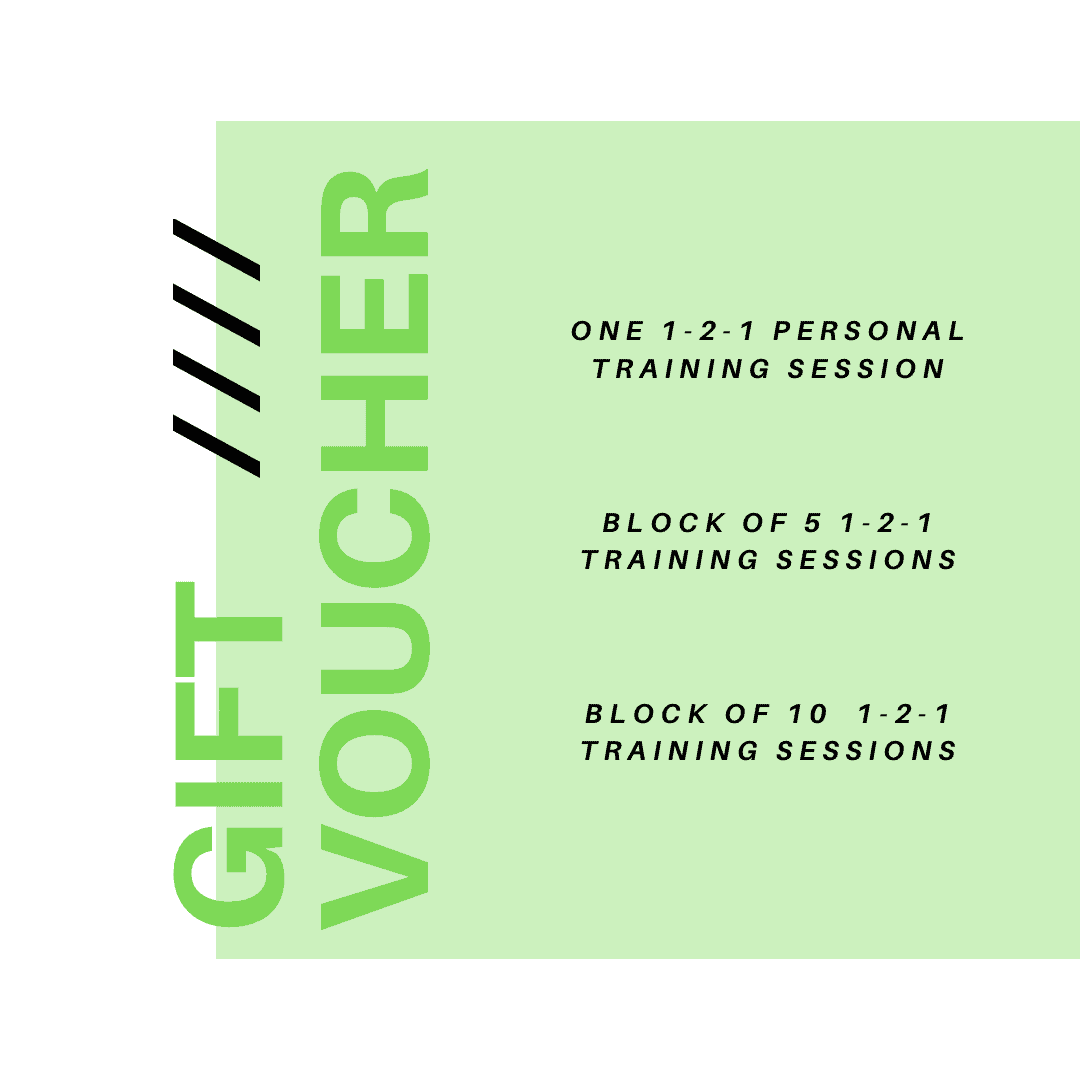When it comes to working out, one of the most common questions people have is whether they should do cardio before or after weights. The answer to this question isn’t as simple as a one-size-fits-all solution, as it ultimately depends on your individual fitness goals and schedule. We’ll run through the pros and cons of weights before cardio so you can make the best decision for your training goals.
Benefits of Cardio Before Weights
When we talk about cardio before weights, we don’t mean a 5 minute cardio warm up, we’re referring to extended cardio. We would always recommend 5 minutes of warm up cardio, it’s good to get your body moving and the blood pumping before you start any type of exercise. The benefit of starting your workout with cardio will further help to get your blood flowing and increase your heart rate to ensure your muscles are warmed up and prepared for weight training.
The first benefit of cardio before weights is that you’ll do cardio when you have the most energy. This will allow you to push yourself, sustain cardio for longer and therefore burn more calories (if that’s your goal). Doing your cardio first can be beneficial for those trying to improve their cardiovascular health or for those training for a race.
Benefits of Weights Before Cardio
If you’re asking yourself ‘should I do weights before cardio’ then there are a number of reasons it can be really beneficial to prioritise your weight training before your cardio training during your workout.
One of the main advantages of this approach is that it can help to increase blood flow to the muscles, which can aid in recovery. This is particularly beneficial after weight training because lifting weights causes microscopic tears in your muscle fibres. These tears repair themselves, this process leads to muscle growth and is one of the most important reasons to be hitting your protein goals if you do lift weights. By performing cardio after weight training, you can increase blood flow to the muscles, which can help to bring in the necessary nutrients to repair the muscle fibres. Additionally, doing cardio after weight training can help to reduce muscle soreness, as the increased blood flow can help to remove waste products that contribute to muscle soreness, like lactic acid which you may have heard of before.
Another important factor to consider is your overall fitness goals. If your main goal is to build muscle and increase strength, you may want to focus on weight training first, as this will allow you to put all of your energy into building muscle. If your main goal is muscle building and you do cardio before weight training, it could mean that you don’t have as much energy as you need for your weight training and therefore won’t progress the way you would want to with increasing your reps or with lifting more weight.

Should I Do Cardio Before Weight Training For Weight Loss?
You’ll often see people with the understanding that cardio is the best thing for you to do to lose weight, however the order you carry out cardio and weight training will have no impact on your weight loss. Weight loss is achieved through a calorie deficit, whether that is reducing your calories and/or increasing your exercise. Weight training also burns calories and can be just as effective as cardio, so finding what’s right for you and sustainable should be your main focus if your fitness goal is weight loss.
Ultimately, the best approach for you will depend on your individual fitness goals, schedule, and preferences. If you’re looking for advice on a workout plan, consulting a fitness professional will help you feel confident in your choice. At Find Your Fit, we understand that exercise isn’t a one size fits all, get in touch for advice on your fitness goals.
In conclusion, whether you should do cardio before or after weights depends on your individual fitness goals and schedule. While starting your workout with cardio can help to improve your cardiovascular fitness and warm up your muscles, performing cardio after weight training can aid in recovery and reduce muscle soreness. Ultimately, the best approach for you will depend on your individual fitness goals and preferences. Consult with a fitness professional to determine the best plan for you.


